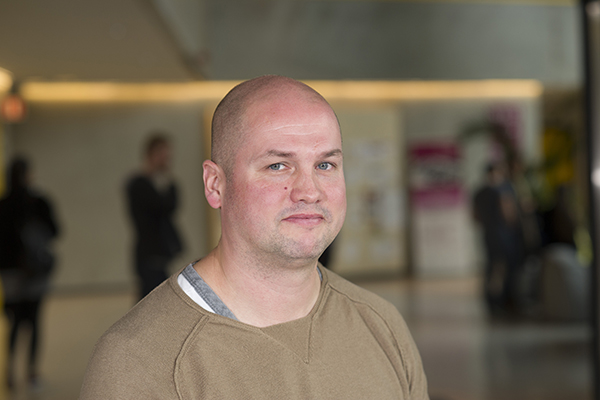Why was the chair set up?
“Because medical ethics is a topical and growing subject. Every day, the media report on a range of issues associated with values in health care. Ethics is a matter of looking at values and norms and addressing questions of how to prioritise in matters like vaccinations, which patients should receive care first, how much patients should be allowed to decide for themselves, and how much pressure to agree to various treatments is acceptable. Ethics is a huge public issue, and it’s reasonable to look at it in research terms as well. This Centre for Research Ethics and Bioethics (CRB), where I’ve been appointed to the professorship, is Sweden's largest medical ethics centre.”
What do you think will be your biggest challenge?
“The great challenge, as I see it, is to get the whole research environment to collaborate in such a way that we get as much benefit as possible from it. There are lots of people in the part of the Centre I’ve been appointed to. I want to avoid silos, with all the researchers doing their own thing and not learning from one another. For me, achieving fruitful collaboration is the big challenge.”
What’s your own research about?
“In the past few years, I’ve been looking a great deal at priority issues relating to patients: which of them should get priority for orphan drugs aimed at patients with unusual diseases. My view is that people shouldn’t have to pay extra just because a condition is rare. Overall, we have a good model in Sweden where we subsidise drugs for serious conditions. They often bring greater needs, and paying for them may result in greater equality.”
“Other things I’ve been looking at are end-of-life care, whether we should allow euthanasia either through doctor-assisted suicide or where doctors administer a lethal dose at the patient's request.”
“I’ve also spent a lot of time on screening, such as phenylketonuria (PKU) screening tests of newborns and fetal diagnostics.”
How do you feel about the upcoming new job?
“I’m really looking forward to taking up the role of professor at Uppsala University and being able to join the research environment. It’s bigger than Stockholm. My hope is that we and Stockholm will strengthen our collaboration on medical ethics. There used to be that kind of collaboration between Uppsala, Karolinska Institute and KTH Royal Institute of Technology. Now it's time for a new alliance, I think.”
